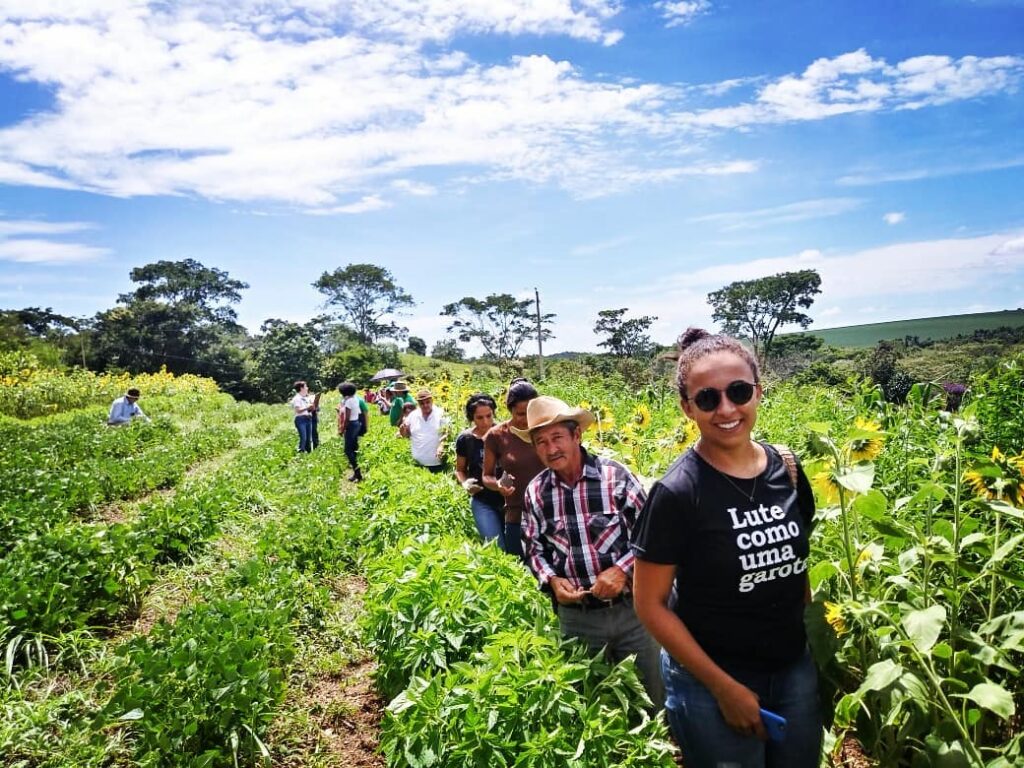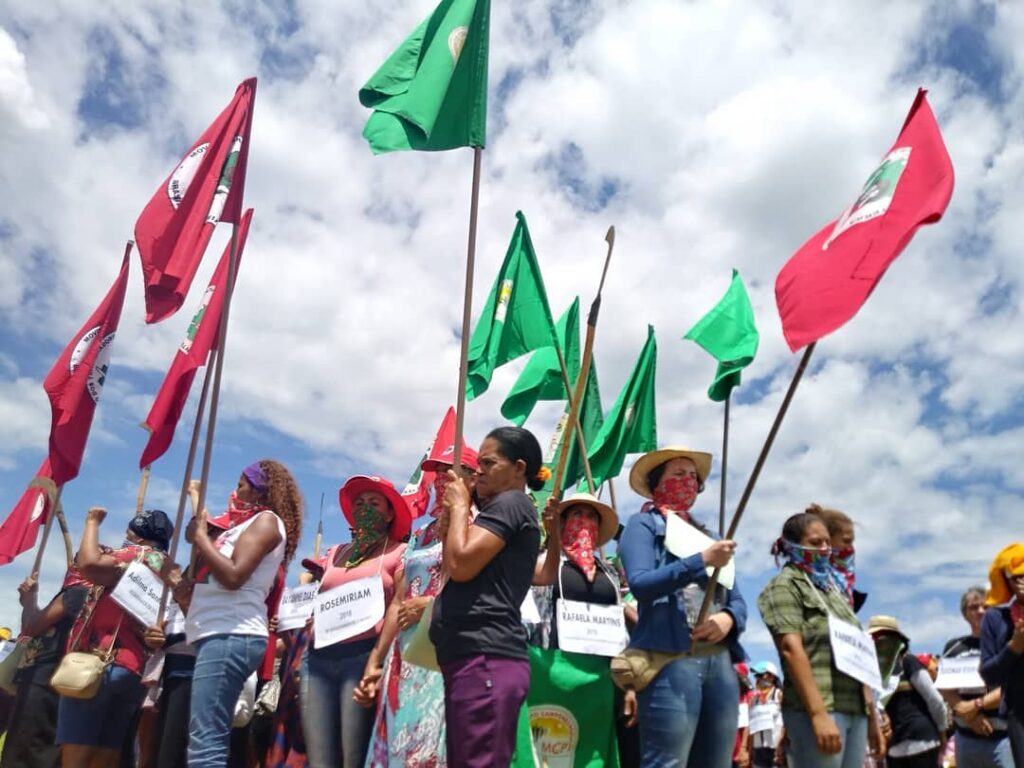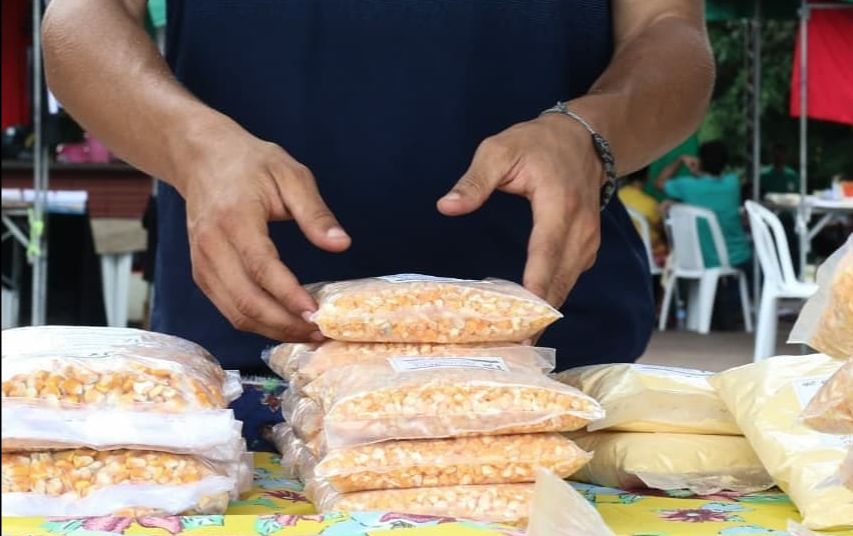Originally shared on 27 February 2020.
In this issue: Partner Highlight: Movimento Camponês Popular (MCP)/Popular Peasant Movement strengthens agroecological seed production and distribution in Brazil
“Creole seeds are seeds of passion and resistance, and represent respect for the diversity of life on the planet. The care and maintenance of this life are part of the people’s identity and survival…”
Dear reader,
Food sovereignty and food security in Brazil are under threat from the expansion of agribusiness and its promotion of GMOs and agrochemicals. The lack of policies to regulate agribusiness under the authoritarian and right-wing government of Jair Bolsonaro, coupled with threats and challenges to peasant organisations due to budget cuts, are compromising community health across the country.
There is no option left but to resist. Movements for agroecology are mounting grassroots resistance against big industrial agriculture across the globe. Our partner Movimento Camponês Popular (MCP)/Popular Peasant Movement in Brazil is resisting by strengthening agroecological seed production and distribution, and implementing agroecological practices to create the foundation for food sovereignty in the region.

Peasant production of seeds is fundamental to a healthy and diversified food system, including seeds that are resistant to climate change. MCP’s strategy of involving more peasants, especially peasant women, in seed rescue, multiplication, and breeding is key to preservation of biodiversity and ensuring access to diverse and nutritious food.
Currently, there are hundreds of peasant families involved in MCP’s Creole Seeds program, where the seeds are stored by “seed guardians” and are available for all the peasants in the region. This is an alternative to the ex-situ seed banks that propose seed conservation outside their place of origin and take away peasants’ autonomy.
Since the project began, MCP’s peasant families have produced and distributed more than 1000 tons of heirloom varieties of corn, rice, beans and cassava among peasant families. MCP has conducted trainings and capacity building for peasants and honey producers. It has also been instrumental in organizing a state peasant formation school and learning exchanges between MCP and agroecology networks using the peasant-to-peasant (campesino a campesino) approach.

MCP members at the camp Marielle Franco in 2019.
MCP recognizes the importance of women’s leadership in sustainable climate solutions. For example, MCP organizes local and state rural women’s exchanges, has sent a delegation to the Margaritas March in Brasilia, and coordinates a peasant women’s collective kitchen where peasant women produce food for schools.

CLIMA member Grassroots International is proud to partner with Movimento Camponês Popular as they strengthen the agroecological movement in Brazil and advocate for food sovereignty.